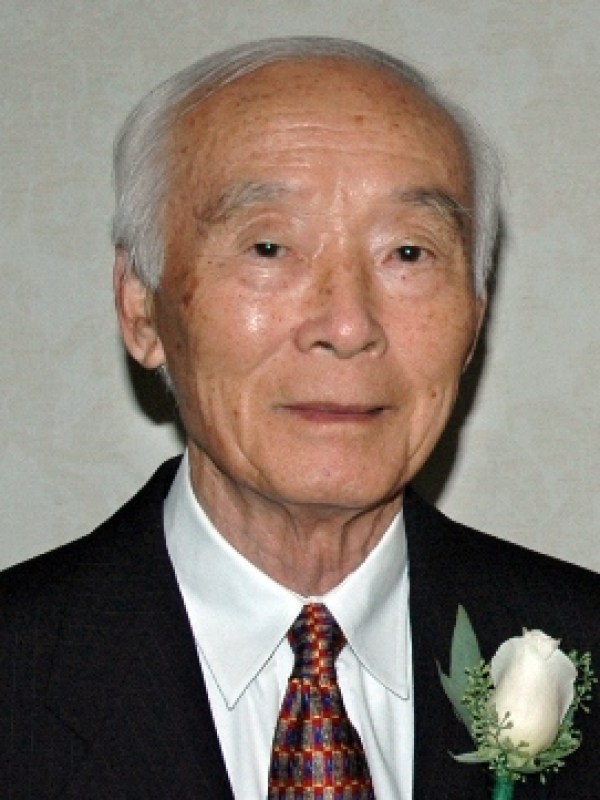Henry H. Tai
In 1943, Henry H. Tai set out from his home village in Jiangsu Province for a 1,000-mile trek through war-torn China. He walked and hitched rides, slept along roadsides, and dodged check-points manned by Japanese soldiers who had invaded China. It was a month and a half later when he reached Chongqing, China’s interim capital during its war with Japan. His sole purpose: to go to college.
This yearning for learning dimmed only when Alzheimer’s began to consume his mind and, later, his body. Tai died in his sleep on Aug. 4, 2012. He was 90.
Today UCSB will dedicate the Henry H. Tai East Asian Collection, which he headed for 25 years until retiring in 1990, and to acknowledge an endowment fund his children have set up to support his legacy. Tai’s life stories, however, spanned wars and cultures, and they were the stories of China and America in the last century.
He was born on April 16, 1922, in Tai Village, the ancestral home in Wujin, a town that’s 60 miles west of Shanghai. He was the eldest of the village head and designated to be the family scholar. But his studies were disrupted, first by Japan’s invasion of China in 1937, later by the civil war between Chinese Nationalists and Communists.
In 1949, he graduated from the School of Journalism at National Chengchi University in Nanjing and boarded one of the last ships to leave for Taiwan as the Communists declared victory. In Taiwan, he worked as a newspaper journalist, first at Zhonghua Daily and then moving to the Central Daily News as its international news editor. He married Yu-Ching Chiu, also a Wujin native, and they had four children. In 1960, they made a decision that would change the course of their lives: Tai set out alone for the U.S.
He entered Tennessee’s Vanderbilt University to study library science and became a university librarian at Penn State at Slippery Rock in September 1963. But he continued to work on his thesis on weekends and received his MA that December.
In 1964, Tai took a job with the State University of N.Y. at Binghamton, and his family joined him from Taiwan.
In 1966, he became the first head librarian for what was called the Oriental Collection (now East Asian Collection) at UCSB. After retiring in 1990, he turned full attention to helping Chinese students and immigrants in Santa Barbara. In 1994, he spearheaded and formed the S.B. Chinese American Association, serving as its first chair and editor-in-chief of its newsletter. Many honored him by referring to him as “Dai lao,” or “Elder Tai.”
Tai is survived by two sisters, a brother and a daughter in China; three daughters, a son and their spouses, eight grandchildren and two great-grandchildren in the U.S.

